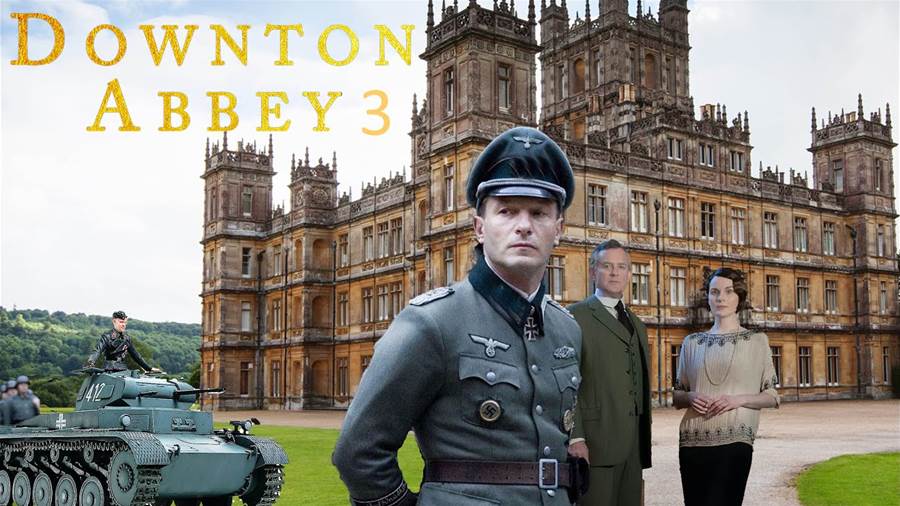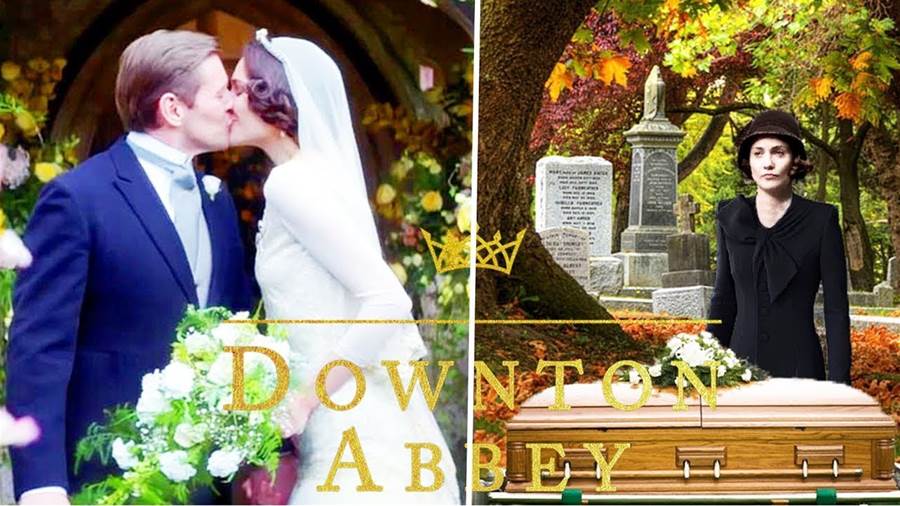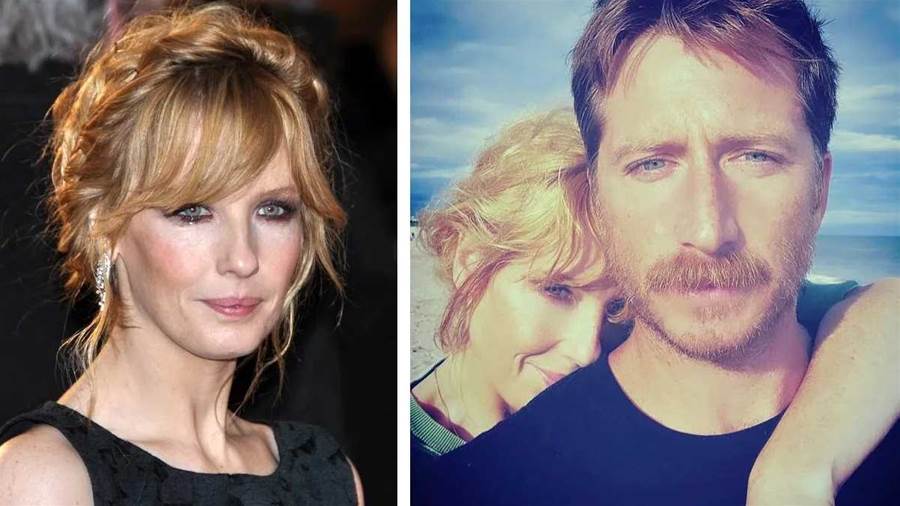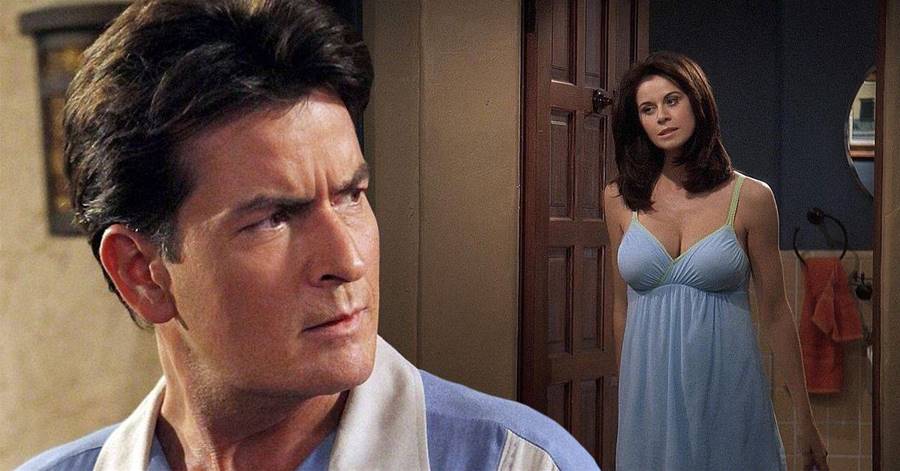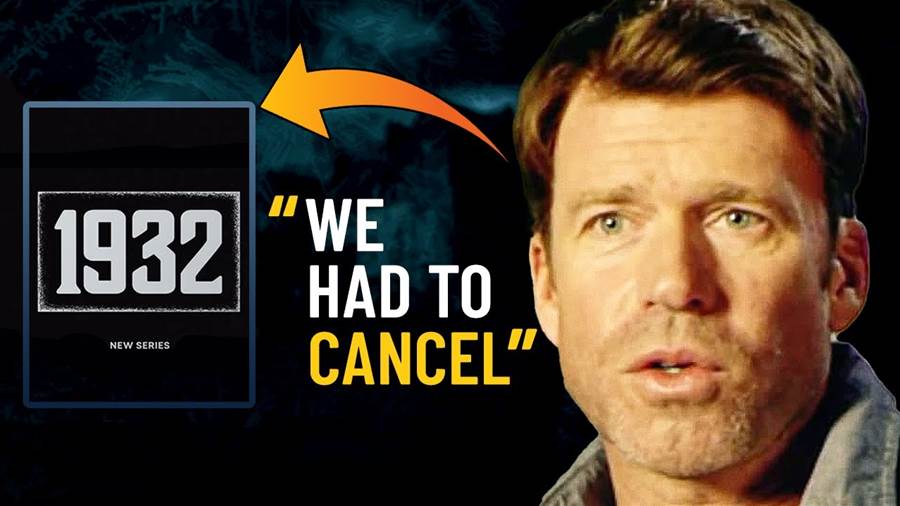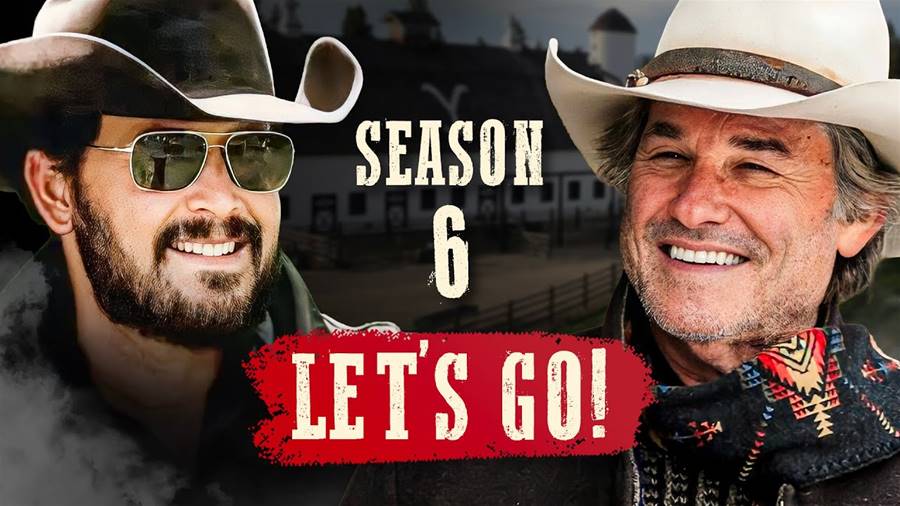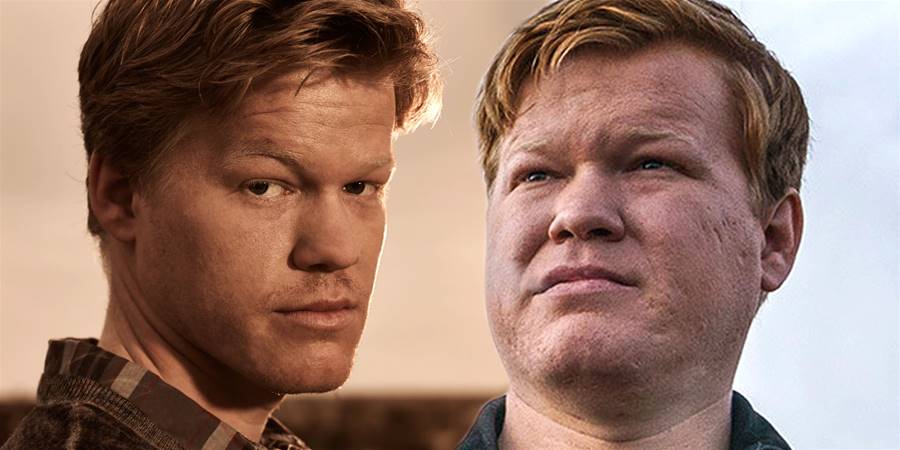
A recent television program in the UK has ignited significant controversy, particularly among historians and archaeologists. Channel 5's airing of the controversial series "Nazi War Diggers" has drawn sharp criticism for its alleged disrespect toward the war dead. This reaction is rooted in the series' depiction of excavations from World War II battlefields, which many experts consider to be deeply insensitive.
The Series and Its Controversy
"Nazi War Diggers," which was originally produced by Clearstory and aired by National Geographic in 2014, follows a Polish relic hunter and an American military antiques dealer as they dig through battlegrounds across Eastern Europe.
The controversy intensified when a preview video from the National Geographic website showed presenters removing body parts from a grave in Latvia. In one disturbing instance, the presenters mistakenly identified a leg bone as an arm bone, after unceremoniously extracting it from the ground. Such scenes have been described by critics as "ghoulish" and highly disrespectful.
Dr. Tony Pollard, Director of the Centre for Battlefield Archaeology at Glasgow University, has been vocal in condemning the series.
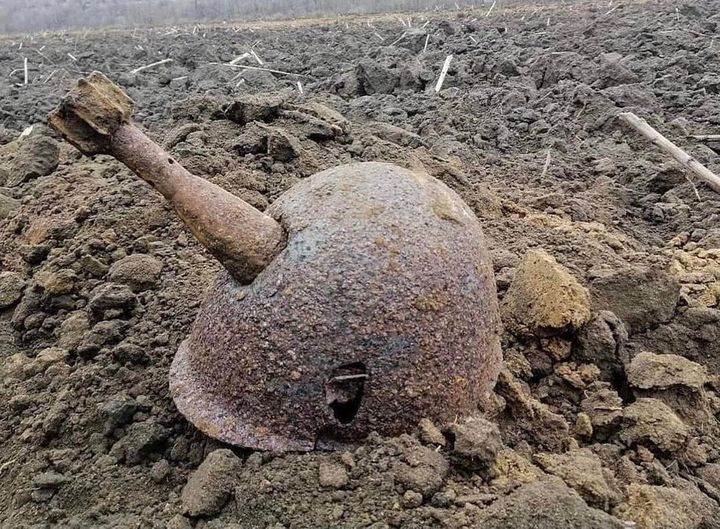
Historical Context of the Eastern Front
The Eastern Front of World War II was one of the largest and deadliest theaters of war in human history. Between June 1941 and May 1945, Nazi Germany and the Soviet Union engaged in a brutal struggle that resulted in enormous casualties and widespread destruction. The sheer scale of the conflict meant that vast numbers of soldiers and civilians lost their lives, leaving behind a significant amount of relics and remains buried across the landscape.
This area of Eastern Europe, where much of "Nazi War Diggers" is set, remains a poignant reminder of the war's devastation. The Eastern Front was marked by mass atrocities, strategic blunders, and severe human suffering. As such, any excavation of these sites carries with it a heavy ethical responsibility.
Responses and Reactions
The response to "Nazi War Diggers" has been overwhelmingly negative. Following its original broadcast and subsequent airing in Australia, the series faced backlash from archaeologists, historians, and the public. Critics argue that the show's approach to excavation prioritizes sensationalism over historical integrity and respect for the dead.
The debate over battlefield excavation is not new. The practice of relic hunting and the recovery of war artifacts have long been contentious issues. While some argue that these activities help preserve history and recover valuable artifacts, others contend that they can lead to the exploitation and desecration of war graves.
For many, the program's focus on "finding treasure" rather than honoring the dead is seen as deeply troubling. The academic community, in particular, has expressed concern that such portrayals undermine the serious study and respectful treatment of war-related remains.
The Broader Implications
The controversy surrounding "Nazi War Diggers" highlights broader questions about how we engage with the material remnants of war. As historical artifacts and human remains continue to be uncovered, the way in which these discoveries are handled and presented can have significant ethical implications.
The debate also touches on the need for guidelines and standards in battlefield archaeology. Ensuring that excavations are conducted with the utmost respect for the individuals who lost their lives and the historical context in which they fell is crucial. Many scholars advocate for a more thoughtful and respectful approach to relic recovery that prioritizes the dignity of the deceased.
Conclusion
The airing of "Nazi War Diggers" has sparked a heated debate about the ethics of battlefield archaeology and the representation of World War II history in popular media. The backlash against the series underscores the need for sensitivity and respect in dealing with the remnants of wartime tragedies. As historians and archaeologists continue to grapple with these issues, it is clear that the way we handle and portray our historical heritage will remain a matter of significant concern








